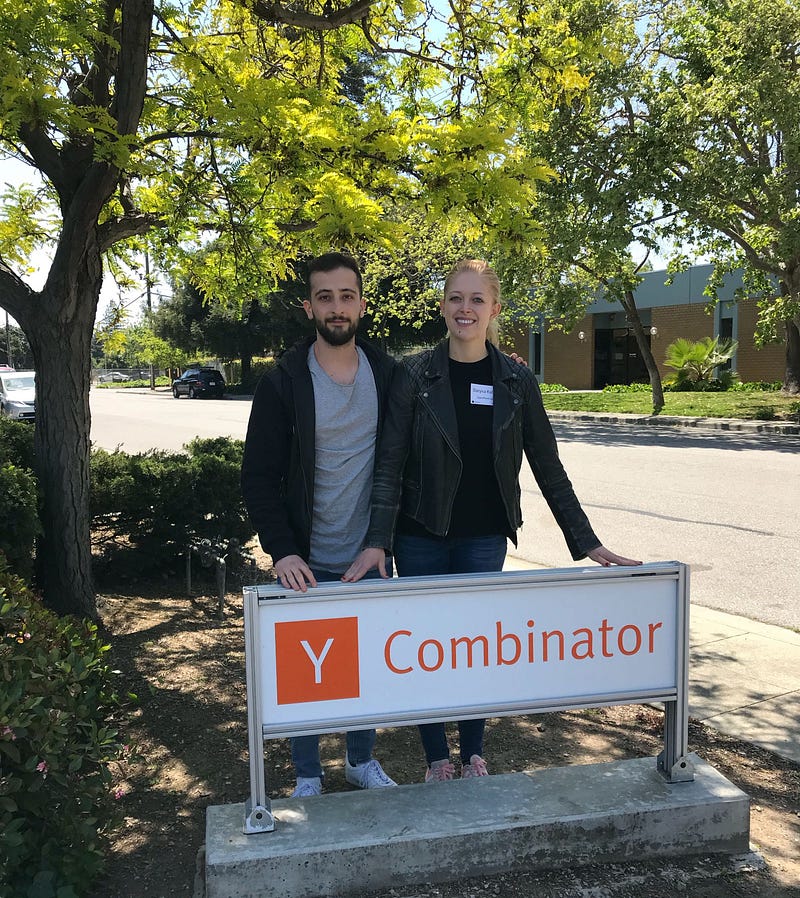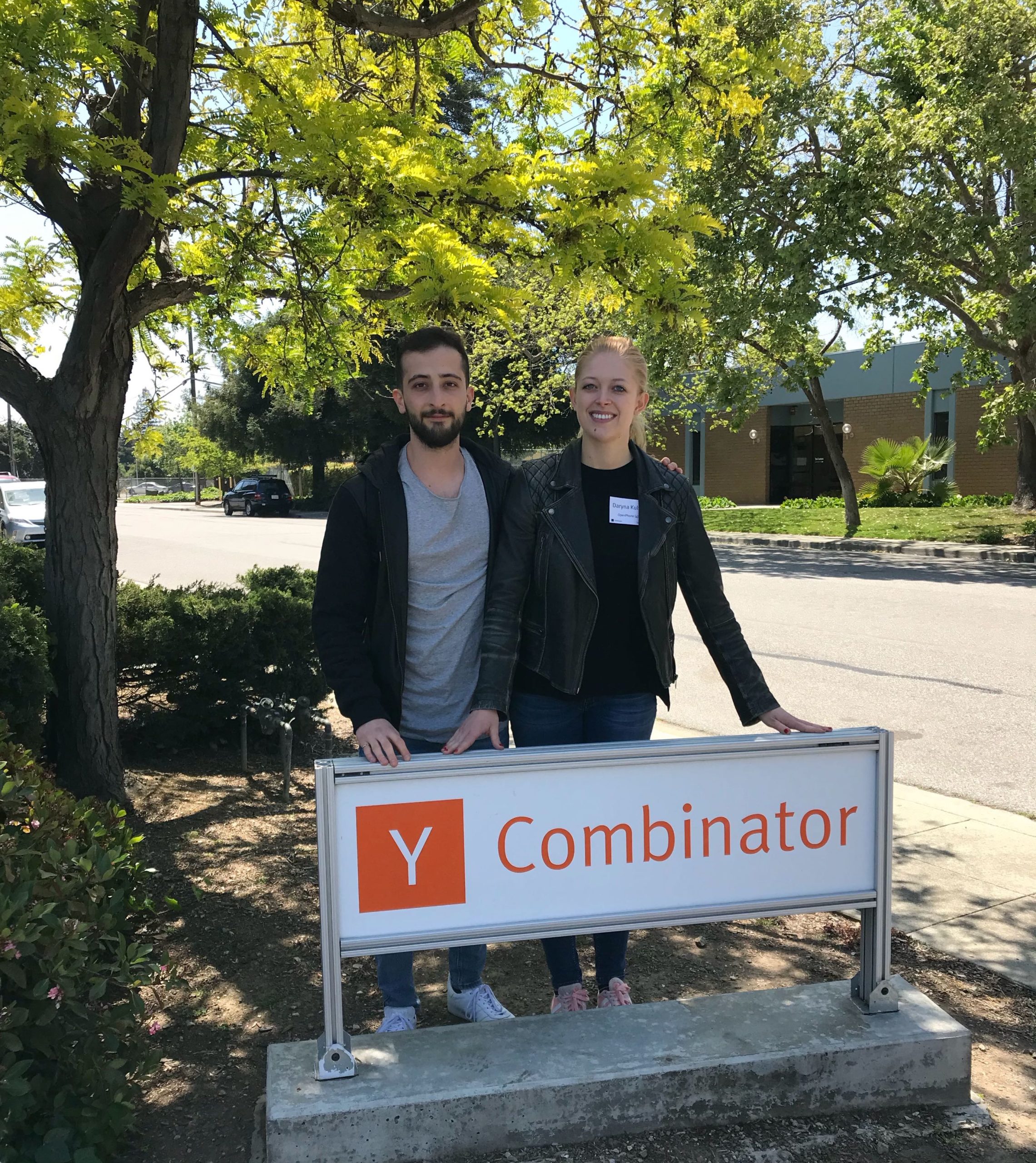Did you get an invitation to interview with YC? Congratulations!
I remember exactly when we got the much-awaited email for our startup OpenPhone. We stayed up late, anxiously refreshing email, Reddit and HackerNews.
The next day we started preparing immediately.
To help you prepare, I’d love to share my personal tips and experiences from the interview. Alright, let’s dive in.
What do you do?
This is the 1-line description of your business and it’s almost certainly the first question you will get when you enter the room. Your answer to this question will set the course for the rest of your interview. So yeah, no pressure…
The 1-liner to your business has to answer the what and who. It has to be simple and anyone without any specific technical knowledge should understand it.
Please avoid buzzwords or jargon, even one is too many. Here is an example of a bad 1-liner:
We are X and we are building a recruitment automation and intelligence platform.
After reading this, do you have any idea what this company actually does? And you’d be surprised how many founders I’ve met that pitch their companies like this.
A better way to pitch this same startup is to say:
We are X and we helping recruiters source better candidates and engage with them at the right time.
To be honest, even this could be improved but at least here, you can clearly infer who this product is built for and what it specifically does.
You could throw words like “AI” or “Blockchain” in your 1-liner too but you better be ready to get grilled on that.
Note: Founders who’ve gone through YC are a great resource to help you draft your 1-liner.
Why should you exist now?
This is when you have to answer the why and how.
- What is the existing pain your business is solving?
- How big is the opportunity you are going after?
- Who are your competitors and why are you better?
- How are you going to get customers?
- Why is now the right time?
When answering these questions, keep in mind that YC partners have each seen thousands of companies and that makes them very good at detecting bullshit. Don’t try to over-blow your market size or downplay or ignore your competition.
Practice, practice, practice.
As you have probably already noticed, there are tons of lists of YC interview questions online.
Practicing with these questions will help you get the most common ones squared away so that you can focus your energy on more nuanced questions. It will also help you build confidence for the interview.
We practiced using questions in this app and this list right here. We compiled the whole list into a Google Doc and wrote down our answers for each.
Practicing with alumni is hands down the best way to get ready. We were fortunate to know YC alumni to go to for interview prep. If you don’t know them personally, that’s not a problem. All it takes is a nice cold email. You’ll be amazed at how supportive the YC community is.
Bonus point — if you impress your practice interviewers they might recommend you as well.
Co-founder dynamic.
- A lot of startups fail because of co-founder conflicts. If you and your co-founders are interrupting each other during the interview, that’s a sign of a poor partnership. Instead, focus on adding to what your co-founders say. And don’t forget about body language — it can tell a lot about how you work as a team.
- When going through the list of questions (from point #3 above) with your co-founders, decide who takes what types of questions. The person who’s the strongest and most passionate about a topic should take the question.
- Don’t worry about splitting the list evenly. It’s perfectly OK for one person to talk more, just make sure everyone gets to talk.
- If you’re a solo founder, that’s one less thing for you to worry about.
Let your strengths shine through.
Your 10 minutes will go by quickly. Identify what makes your application great and make sure to mention those points in the interview.
For example:
- Are you solving a problem you’re deeply familiar with?
- Do you have unique insights from previous experience?
- Do you have impressive traction? It can be your growth rate, number of users or paying customers or how excited they are about what you’re building.
- Did your team work together before?
- Did you go to crazy lengths to start the company? In the case of Airbnb, it was selling cereal that ended up being so life changing
6. Be confident and enjoy the experience.
This sounds obvious but when you’re under pressure it’s hard to perform at your best. I know this as I was pacing in the room next to the interview trying to calm my nerves. 😅
I’d recommend having something with you to remind yourself why you’re building your company. We took screenshots of all customer conversations we’ve had and printed them out in a booklet (so much wish we had a photo to share!) I read customer reviews up until it was the time for us to enter the interview room. It helped.
Lastly, enjoy the experience. Regardless of the outcome, you’re going to learn a lot and make memories. Best of luck!

Want to learn more about our experience at YC? Here are my 4 unexpected lessons learned.
Want to check out OpenPhone?
We give founders a supercharged business phone number, in an app. This way you’re not sharing your personal phone number with strangers and getting spam for the rest of your life.
If you’re an international founder, you can get a US phone number for your company.
Let me know what you think!
